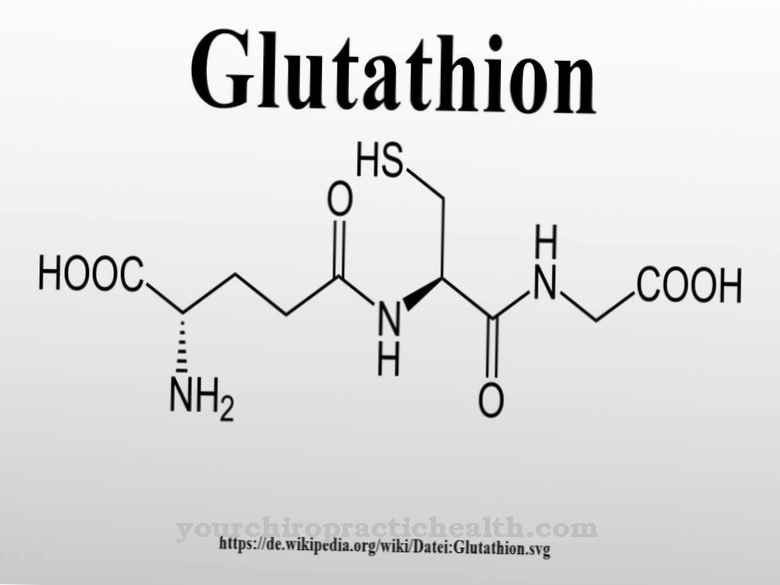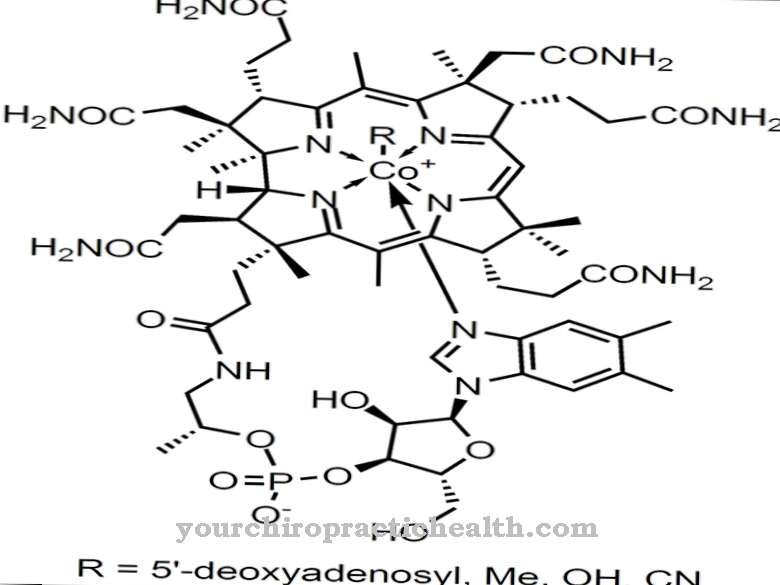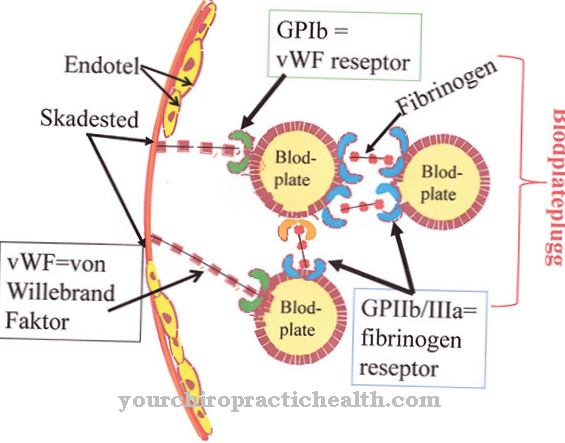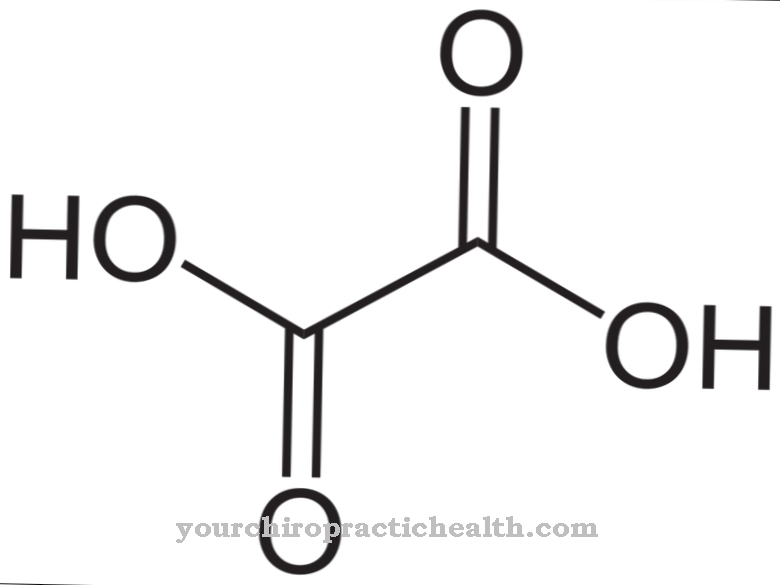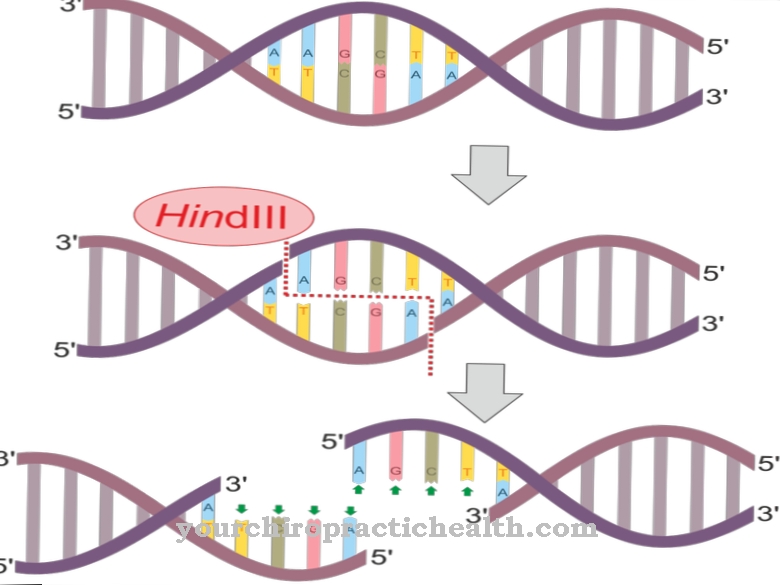The human organism is viewed by leading medical professionals as an extremely complex system. In order for this system to function properly, special components must be taken in with the daily diet. These modules include the Fiber.
What is fiber?
The Fiber perform numerous important tasks in the human body. All components of food that cannot be processed by the human digestive system are referred to as dietary fiber.
Basically, the fiber helps to bind water. As a result, a strong feeling of saturation arises after a short time. In addition, digestion is positively influenced. In recent years, dietary fiber has been examined more closely.
Medical & health tasks & functions
The recorded Fiber primarily slow down digestion. As a result, the carbohydrates contained in food are absorbed relatively slowly by the body. The slower absorption of carbohydrates has a positive effect on the blood sugar level. A rapid rise in blood sugar levels does not occur. At the same time, a rapid drop in blood sugar levels can also be prevented. Blood sugar levels play an essential role in converting carbohydrates into fat.
Obesity can only be prevented if the blood sugar level is constant. Therefore, especially athletes should consume a sufficient amount of fiber. If a sufficient amount of fiber is consumed, muscle building can be positively influenced. After ingestion, the dietary fiber increases the sensitivity of special receptors. These receptors are located in muscle tissue. Only when the sensitivity of the receptors is increased can the muscle tissue obtain the carbohydrates it needs from the blood.
The carbohydrates obtained are required to produce muscle glycogen. In modern medicine, fiber is divided into both water-soluble fiber and water-insoluble fiber. The water-soluble fiber has a significant impact on the health of the intestinal mucosa.
A regular bowel movement can only be guaranteed if water-insoluble fiber is consumed. According to the statements of leading physicians, the recommended daily dose of fiber is around 30 grams. The recommended guide values should always be observed. This is the only way that dietary fibers offer effective protection against diseases.
Illnesses, ailments & disorders
As mentioned earlier, the Fiber have a positive impact on digestion. However, an oversupply of fiber can lead to constipation. For this reason, a high-fiber diet should ensure adequate fluid intake.
Low-fiber foods can noticeably stimulate the appetite. For example, if dieting is being considered, foods rich in fiber should be consumed. However, the fiber contained in food not only has a positive effect on a person's nutritional behavior. In the meantime, dietary fiber is seen as an effective protection against numerous diseases. If there is no regular intake of fiber, the risk of developing diabetes can increase rapidly.
In addition, it can lead to serious diseases in the cardiovascular system. The nutritional protocols of more than 5,000 subjects were evaluated as part of an extensive study. The study extended over a period of two years. A large number of participants preferred a low-fiber diet in the context of the study. As a result of the low-fiber diet, diseases such as tooth decay occurred in most cases.
Often the test subjects also developed gallstones. The blood values of the said test subjects also did not correspond to the required guide values. The study found elevated fat levels particularly frequently. The test subjects' cholesterol levels were also well above the standard values. Too great a lack of fiber can sometimes even lead to life-threatening complications.
Again and again, disorders in the area of metabolism are diagnosed as the result of a diet low in fiber. The fiber can also be used to prevent diseases such as colon cancer. In addition, the dietary fiber provides effective protection against serious diseases such as high blood pressure.

